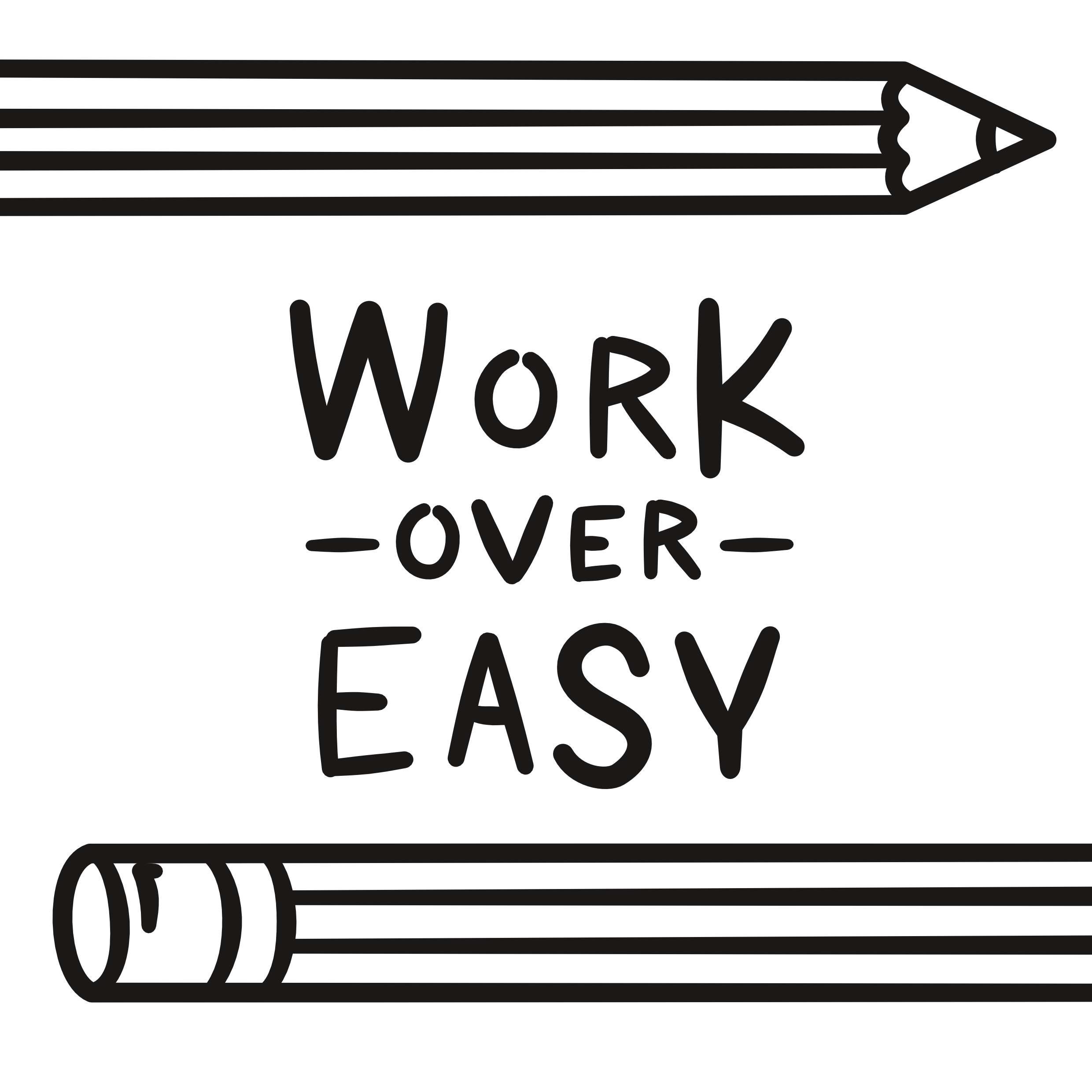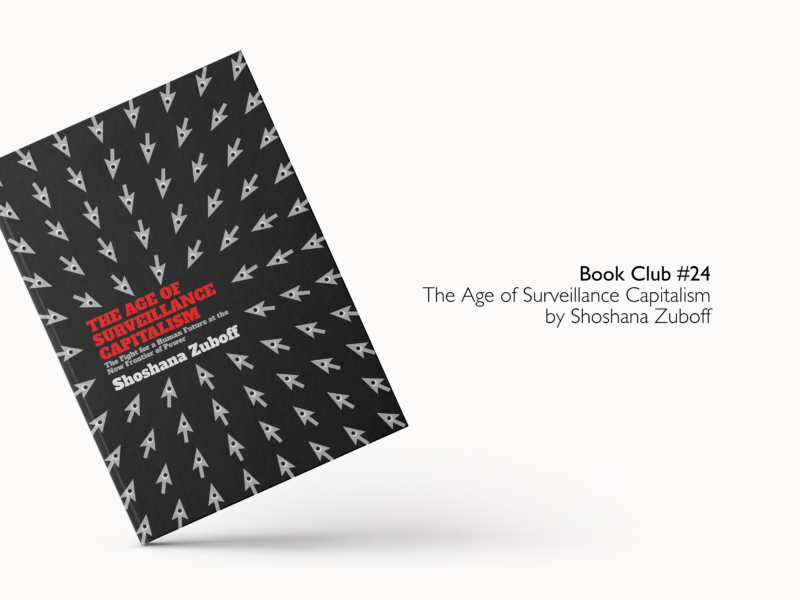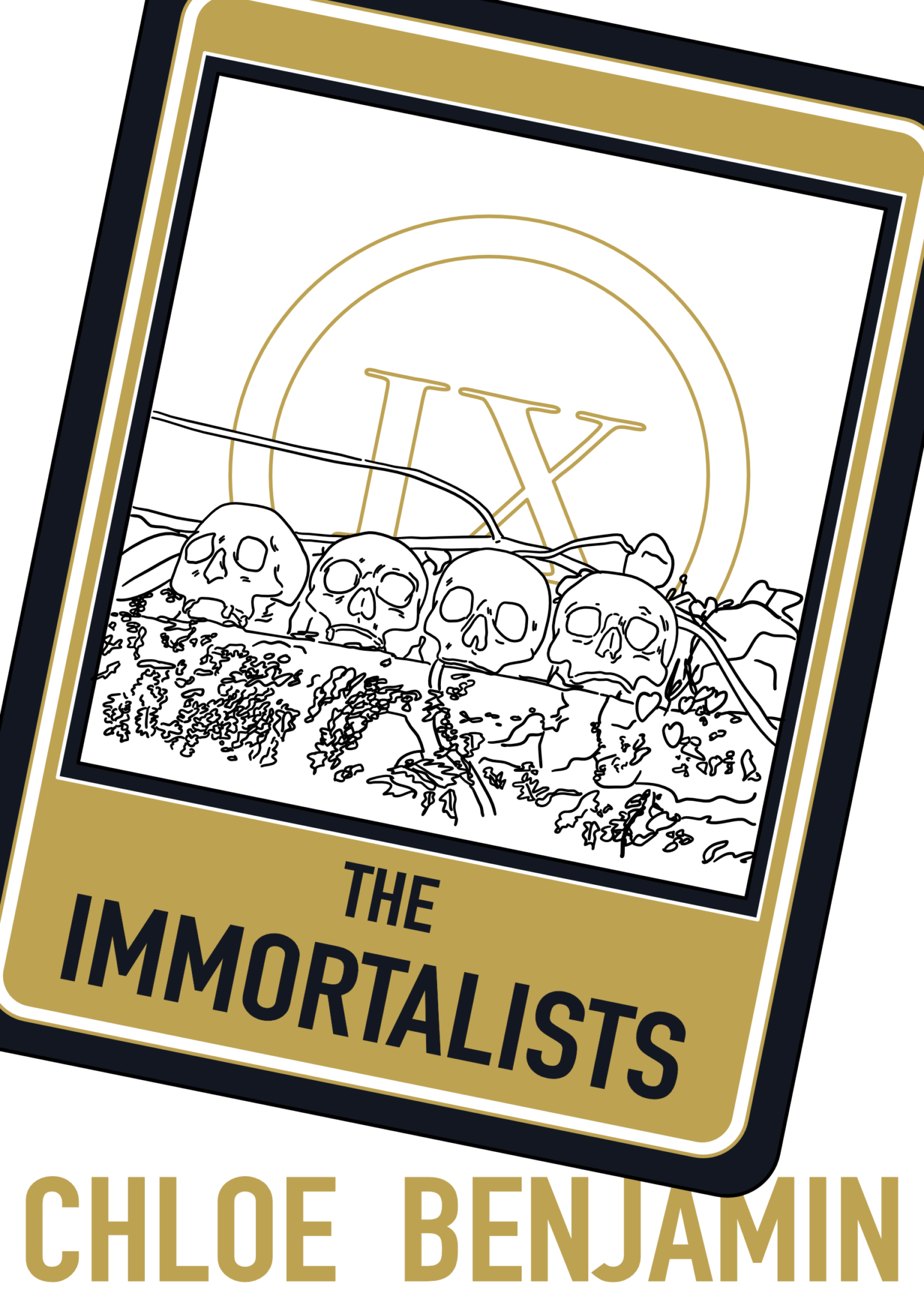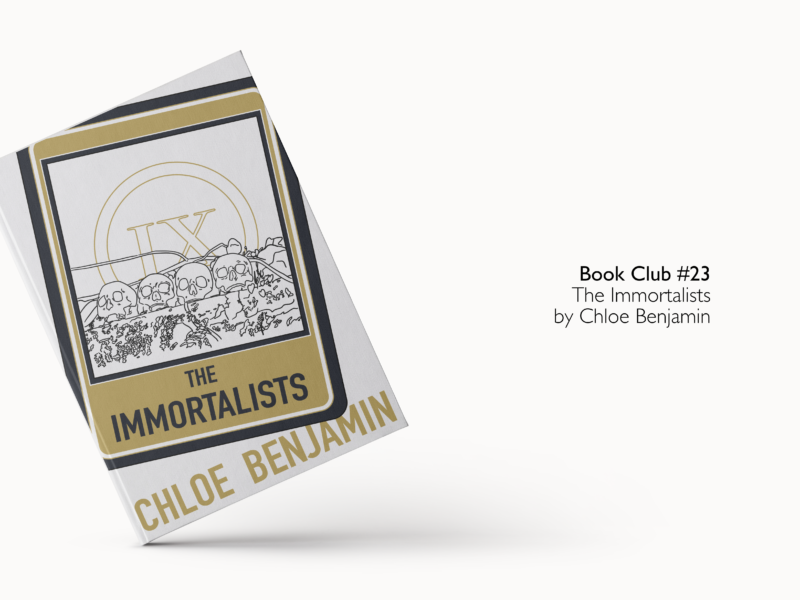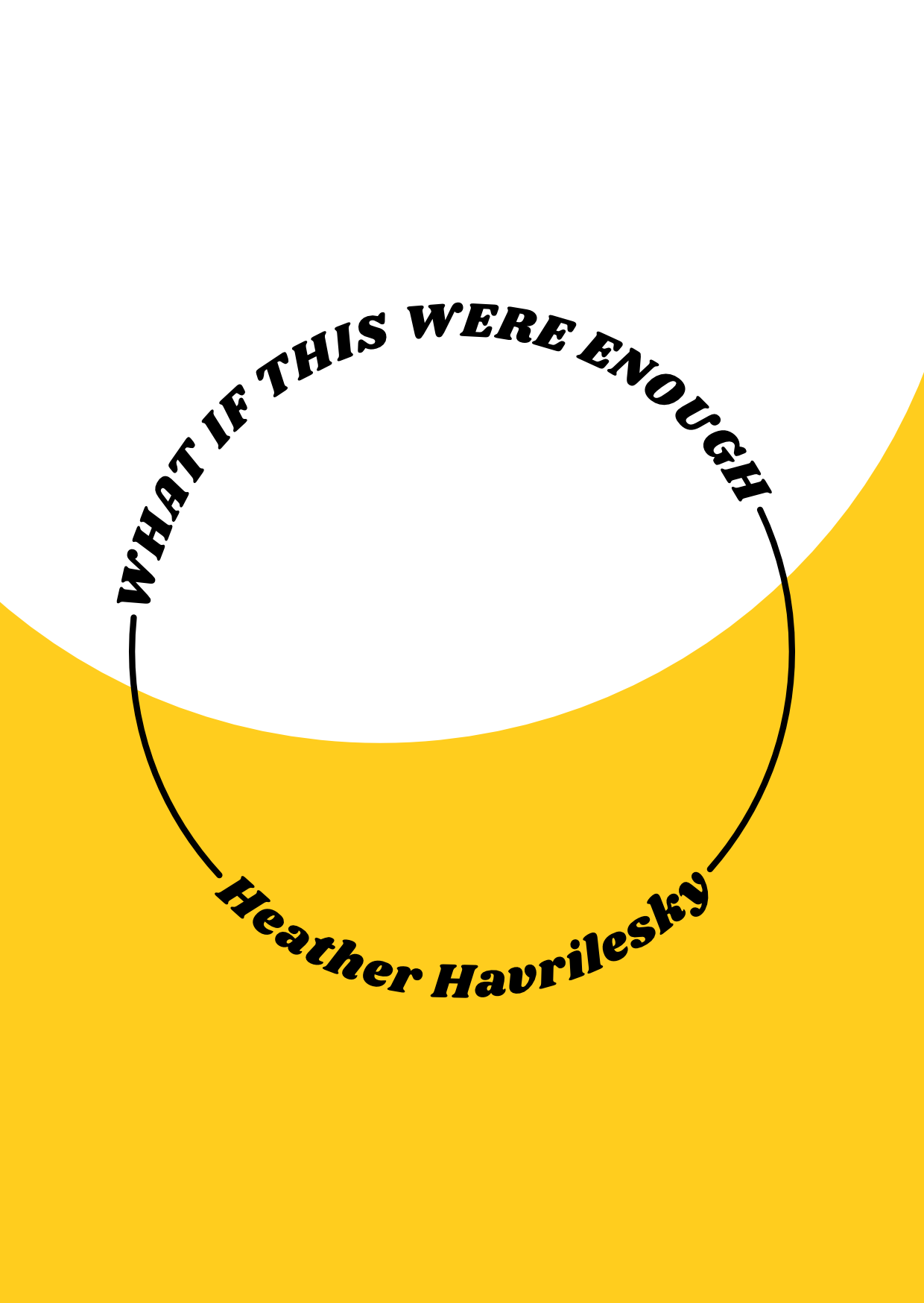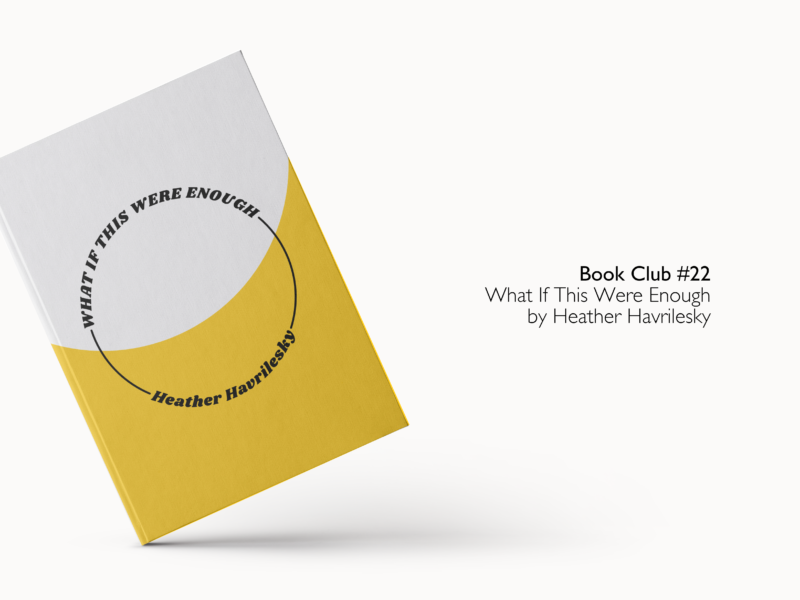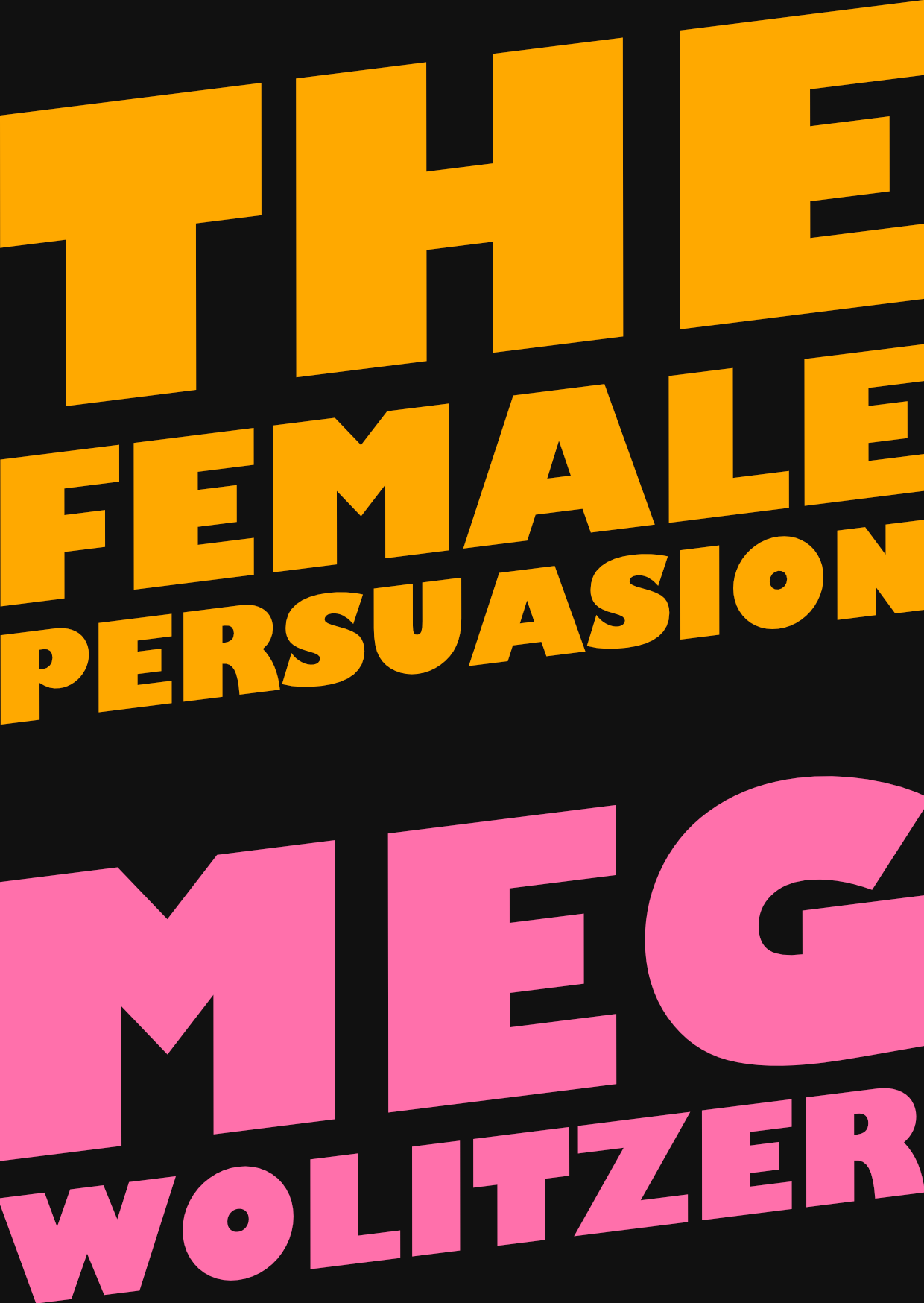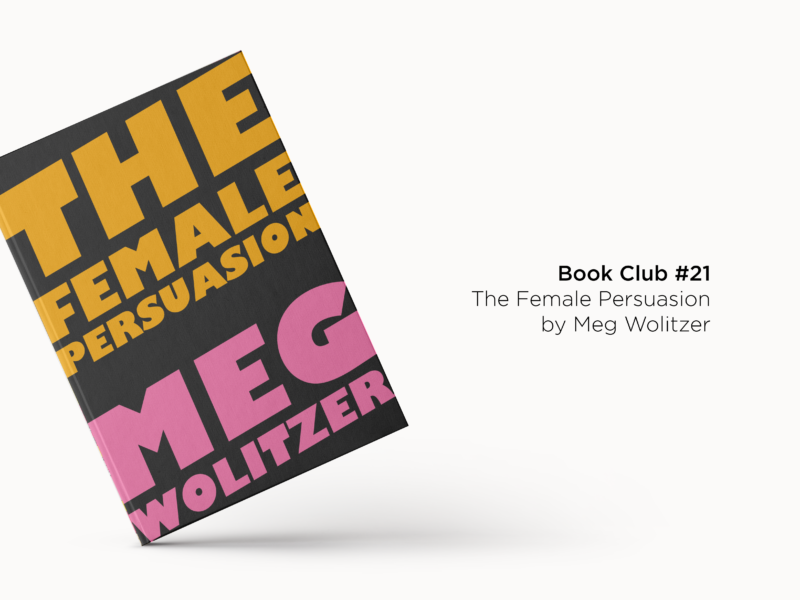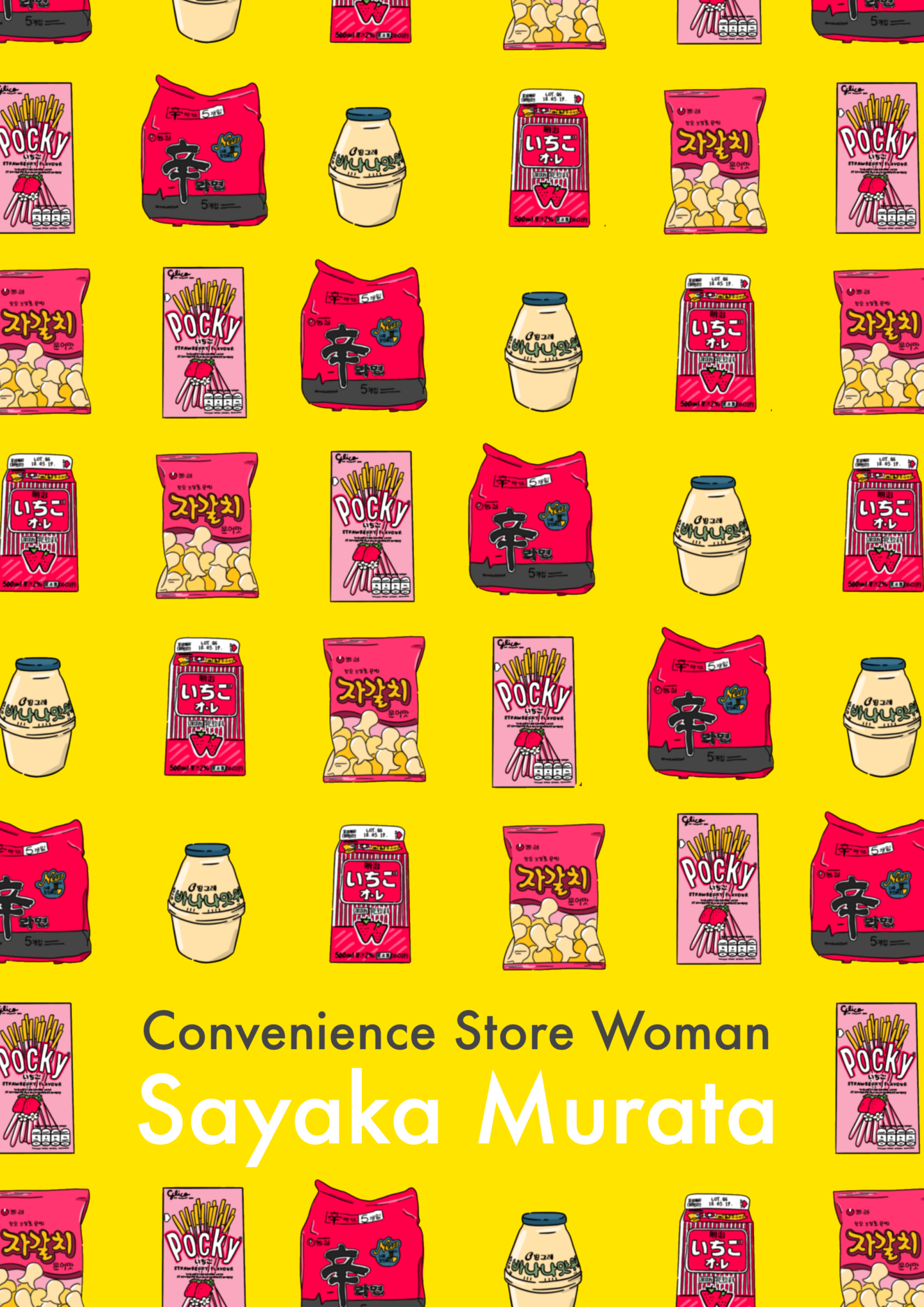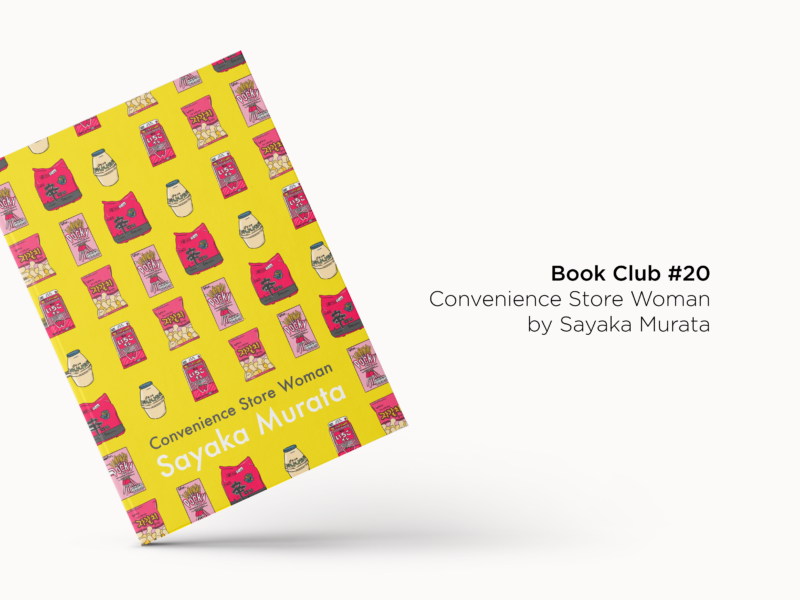Shoshana Zuboff’s The Age of Surveillance Capitalism: The Fight for a Human Future at the New Frontier of Power is the book which has had the single biggest impact on how I see the world in the last couple of years.
I genuinely think I will look back at having read it and see it as a turning point. It’s already started to influence decisions I’m making about my future.
This isn’t the kind of book I would normally pick up. Typically if I’m reading non-fiction it’s biographical of some kind or a literary essay. I’m not a historian or an economist, I didn’t study politics or philosophy. But when someone I was conducting research with at work brought up this book as an argument against the work I was doing (which having now read it, was completely unjustified) I knew I had to read it. Now, I’m so grateful for having met that angry man.
So what is surveillance capitalism?
Zuboff defines it as the below:
Sur-veil-lance Cap-i-tal-ism, n.
1. A new economic order that claims human experience as free raw material for hidden commercial practices of extraction, prediction, and sales; 2. A parasitic economic logic in which the production of goods and services is subordinated to a new global architecture of behavioral modification; 3. A rogue mutation of capitalism marked by concentrations of wealth, knowledge, and power unprecedented in human history; 4. The foundational framework of a surveillance economy; 5. As significant a threat to human nature in the twenty-first century as industrial capitalism was to the natural world in the nineteenth and twentieth; 6. The origin of a new instrumentarian power that asserts dominance over society and presents startling challenges to market democracy; 7. A movement that aims to impose a new collective order based on total certainty; 8. An expropriation of critical human rights that is best understood as a coup from above: an overthrow of the people’s sovereignty.
I know that’s a dense read. It’s a dense topic that reaches in every corner of our lives. But to oversimplify what’s at the heart of Zuboff’s epic, for the sake of brevity in this book club review my summary is below.
Corporations are actively and consciously collecting more and more of our data unregulated. This data is not just being used to create better services for us. Instead it is being collected on such a scale that it is being used to map human behaviour at an unprecedented scale. Once mapped our behaviour is turned into predictive products, which are then sold onto other companies. Our data is not the product but it is what powers the product. These products once sold are were used in the first instance for marketing, but are increasingly being used to control our actions in highly targeted ways. The impacts of corporations having control of our futures are as yet understudied and raise real questions of what free will may look like in the future.
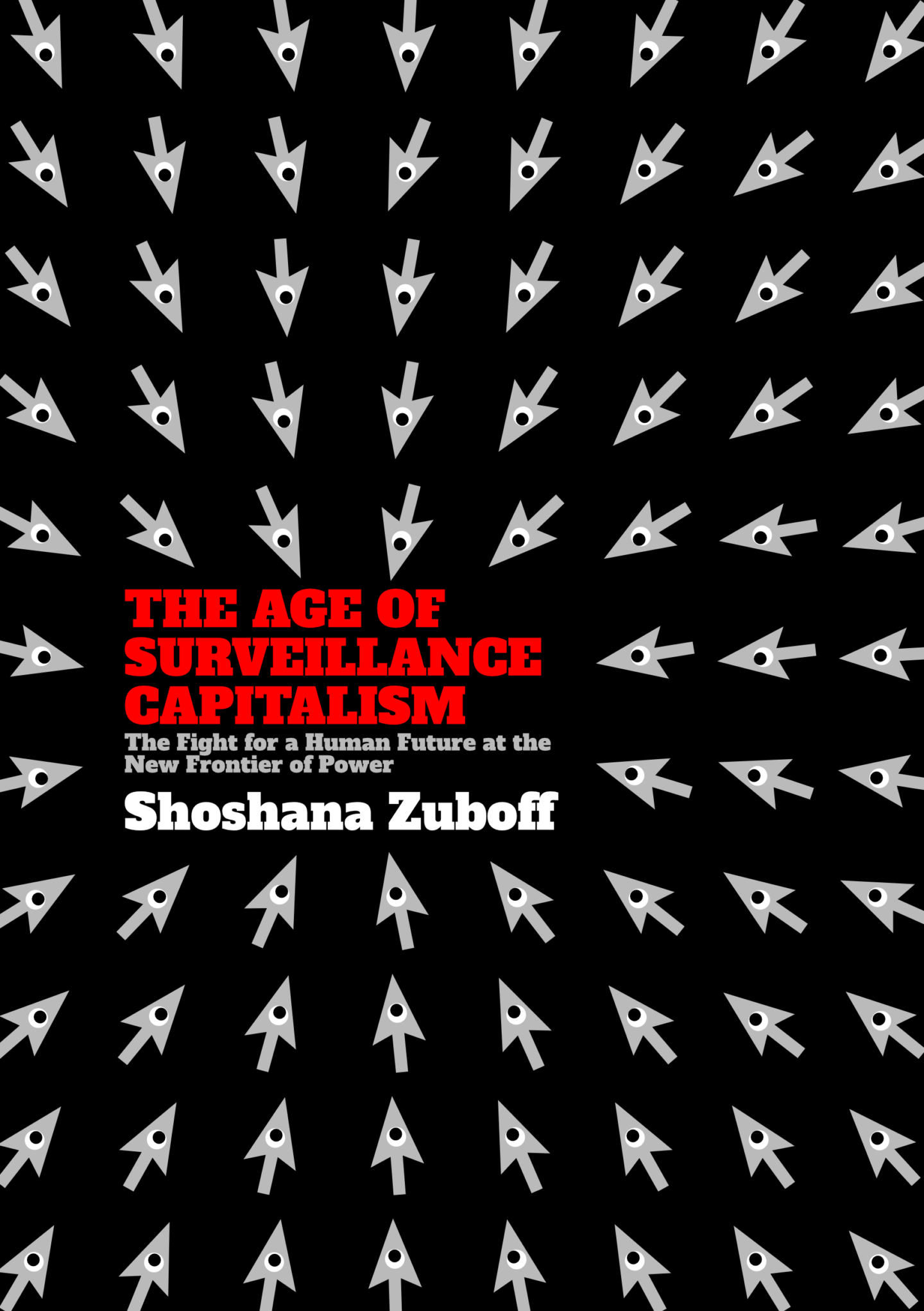
This month’s alternative book cover design for The Age of Surveillance Capitalism
The Age of Surveillance Capitalism sets the scene by covering some of the human basics that have made it possible surveillance capitalism to grow under the radar. Then Zuboff sets out some of the hopes we had for tech’s capabilities when enhanced with the collection of vast tranches of data, through the example of the smart home. But then we hear about commercial interests and human decisions (not natural growth) have led us to a very different place. Zuboff mainly focuses on Google and Facebook as her examples; they’re the biggest surveillance capitalist firms in action today. The conditions they and cultures they have created are unprecedented, so how do we push back? That’s where Zuboff leaves us. She doesn’t provide an antidote to surveillance capitalism, largely because I don’t think there is one solution, she opens our eyes and then closes with a rallying cry.
While The Age of Surveillance Capitalism ends passionately, Zuboff is clear and appears relatively biased throughout. This is not a conspiracy theory. It is a little alarmist in places. But this is a Harvard Professor who has spent years investigating how the proliferation of technology and data have changed our economies and lives explaining her findings. She does dive into some more theoretical frameworks, there were moments I had to stop to google economists, but she explains everything she lays out and is never verbose of scholarly for the sake of it.
There are subtle elements of Zuboffs prose that work to constantly keep you engaged no matter how dense the material she’s covering, and I’m no economics scholar. One that stays firmly at the front of mind is that she always uses “she” in any hypothetical examples. This is a small change, but when we live in a world where male is the default it turned on a little light in my brain every time she did it. It also made me feel far more included in the story and what the future may hold than if she had used “he”.
This book was a real wake up call for me.
I had always had questions about how the big companies were making money and using my data, but I’d never pieced anything on this scale together. This is going to be one of the biggest fights for my generation, and those after us, if we want to claw back control over our own lives and for our rights to uncertainty.
As you may be able to tell from my enthusiasm , I think this is a topic everyone should read about and start to be aware of in their interactions online. If nothing else to recognise that the place we’re in right now, hasn’t just organically come about. It’s been driven by choices made by companies we’re giving more control to without understanding.
But I also recognise that not everyone is prepared to take on a 708 page book which covers some pretty heavy material, although it’s well written enough that you can certainly get through it at pace and in my opinion the details make all 708 pages worth a read. For those of you who just want to learn more, and perhaps aren’t ready for the full read instead of just sharing reviews in my articles section, this month I’ve included some pieces/podcasts on surveillance capitalism as well.
Enjoy, be mildly terrified, get angry, then let’s get going on taking back our rights to the future!
SOME QUESTIONS TO PONDER AS YOU READ…
- Before reading, what scared you? Did it change after reading?
- Should we push back against surveillance capitalism?
- What can we do to push back against surveillance capitalism as individuals and as a society?
- Are there any examples where you’ve seen surveillance capitalism at work without noticing it before?
- What’s the best thing that’s happened to you in a moment of uncertainty, a moment where you had to take a leap of faith or put trust in something you couldn’t control?
IF YOU WANT SOME FURTHER READING TRY…
- Public Affairs books has a great introduction to the book including section summaries and further reading links
- If you’re more into podcasts, The Verge did a brilliant interview with Zuboff which focused on a discussion of the meatiest bits of the book
- For those of you who like a video format The Intercept hosted an evening with Zuboff and senior correspondent Naomi Klein
- Zuboff offers a short written discussion of The Age of Surveillance Capitalism in a feature with NY Mag’s Intelligencer
IF YOU WANT MORE BOOKS LIKE THIS HAVE A LOOK AT…
I’m sorry I don’t have any similar book recommendations for this one just yet, as I said it was the first time I’d delved into this kind of non-fiction. If you have any tips, please do leave me a comment below and I’ll update as we go!

